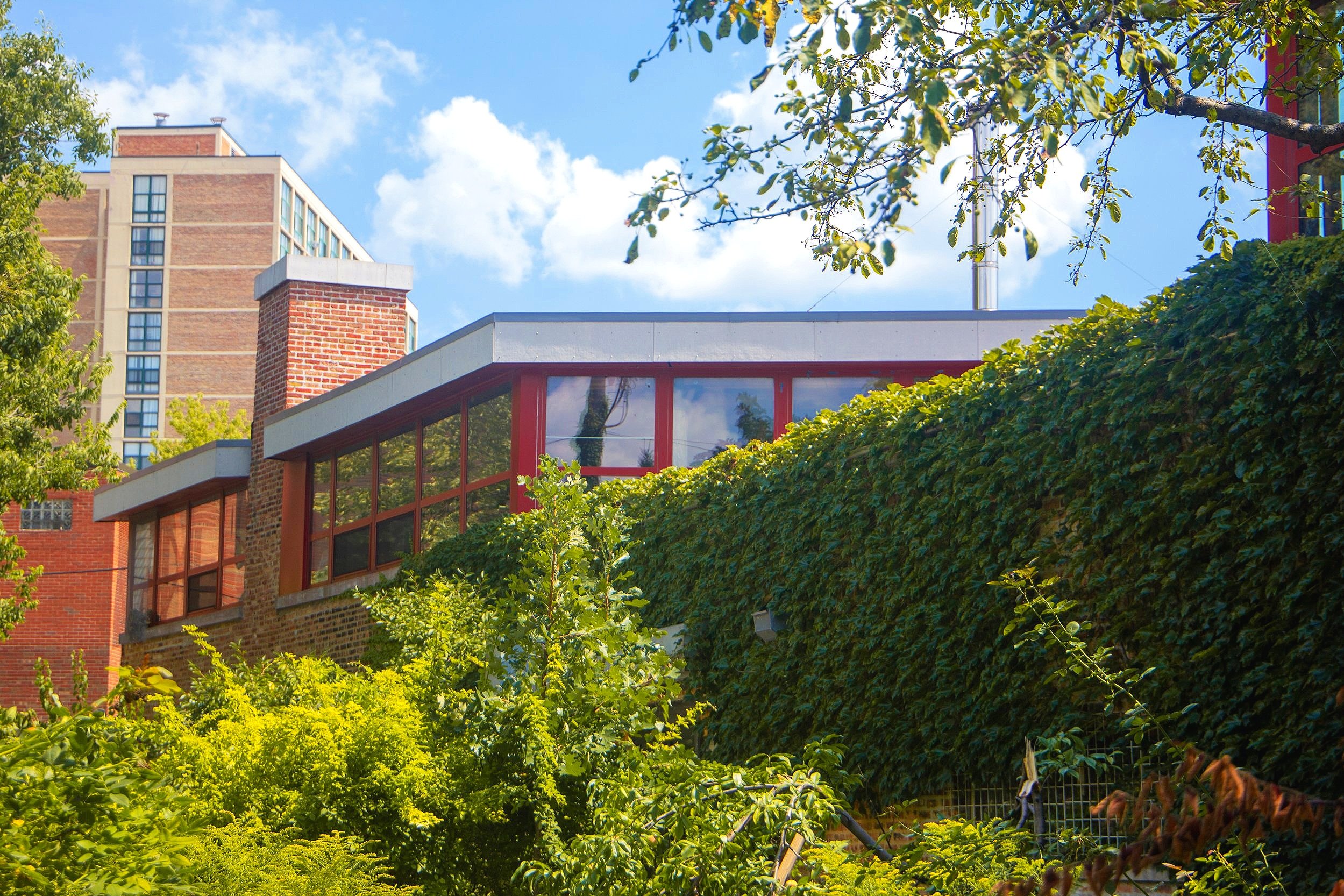
Experimental Station seeks to build independent cultural infrastructure by providing essential resources that respond to local needs.
VISION
A future where all Illinoisans have affordable access to fresh, healthy, locally grown food; where young people flourish and are safe; where the voices of the community are elevated and heard; and where small, local businesses and organizations thrive.

